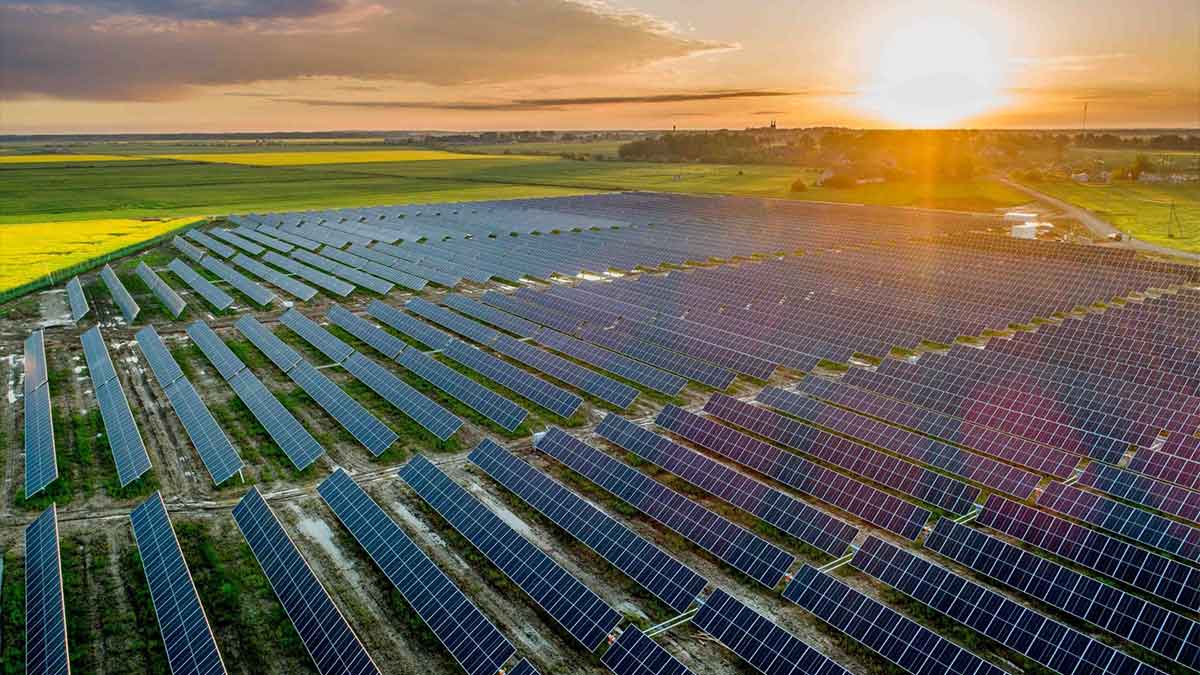Karachi parks are soon going to be turned into solar power, Kidney Hill Park and Safari Park will be switched to solar energy in the first phase.
On Tuesday, the Karachi administrator and Sindh government spokesperson Murtaza Wahab revealed that the Sindh government has decided to switch Karachi parks to solar energy in phases. In a statement, Murtaza Wahab said that step comes after Prime Minister Shehbaz Sharif recently announced the removal of a 17 percent general sales tax on solar panels in order to reduce the country’s oil import bill.
Moreover, the Civil Aviation Authority (CAA) had also announced to convert all Pakistan International Airports into solar power in phases. According to details, the aviation authority decided to switch Karachi’s Jinnah International Airport to solar energy and has directed authorities concerned to prepare a feasibility plan in this connection.
Read more: 100 new solar power plants worth 200 MW to be installed at WASA tube wells
As per the statement of DG Civil Aviation Authority (CAA) Khaqan Murtaza, had said the solar energy project will be helpful in saving millions of rupees in terms of expenditure. “CAA is working on a plan to switch Karachi airport to solar energy,” he had said, adding that country’s other international airports would be converted into solar power in the second phase.
According to further details, Chinese companies are executing and running solar power projects in Pakistan including 300 MW solar power projects which is operational under the umbrella of China-Pakistan Economic Corridor (CPEC).
In a recent interview, former Prime Minister Shahid Khaqan Abbasi said, “solar is very critical to Pakistan’s need today” and added, “I am expecting that China, which has the most experience in the world in solar, will come to Pakistan and help the country get more sustainable energy”.
Pakistan targets an on-grid Alternative Renewable Energy (ARE) generation mix of 20 percent by 2025 and 30 percent by 2030.





















